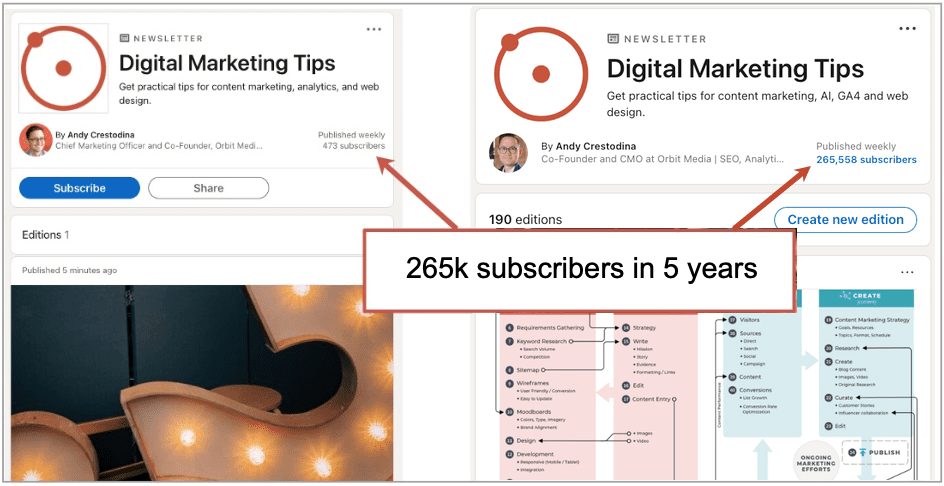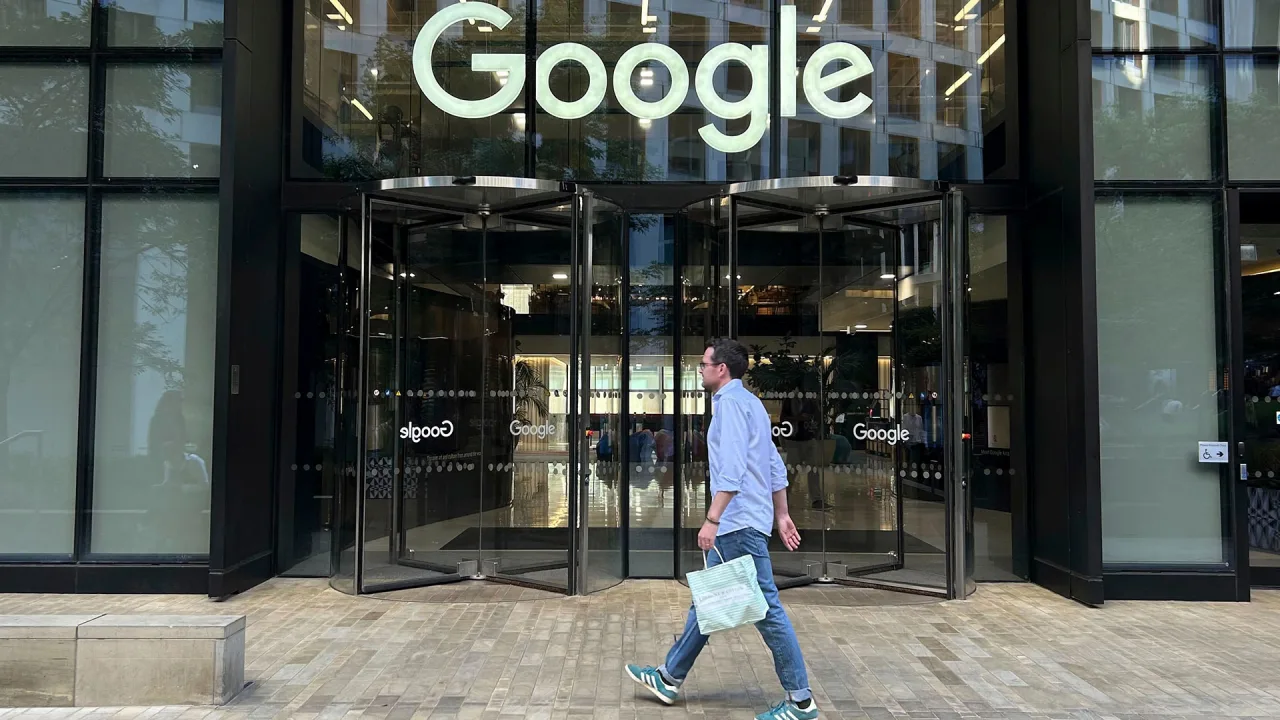“Hostile and political”: Jeff Bezos should have known Trump was always going to turn against Amazon
Consumers are only just starting to feel pain from Trump’s Liberation Day tariff spree. Amazon founder and chairman Jeff Bezos, however, may be starting to feel something else from the tariffs: regret. When a report emerged overnight claiming that Amazon would start displaying tariff costs on its main page, White House Press Secretary Karoline Leavitt responded by torching Amazon in a Tuesday morning press briefing. (According to CNN, Trump had already personally chewed Bezos out by then.) Despite everything that Bezos has done to support Trump in his second term, the administration just made it crystal-clear that presidential support under Trump only flows in one direction. Evidently, no amount of fealty was ever going to save Amazon from Trump’s wrath if throwing Bezos under the bus ever proved advantageous in the slightest. Although Amazon strongly disputes the initial report about displaying tariff costs (“This was never approved and is not going to happen.”), such a move would not be unheard of. Other businesses, including Fabletics and Temu, have been introducing “tariff surcharges,” alerting customers in letters, and adding tariff prices to websites and bills. Meanwhile, Amazon has reportedly been hurting more than most under Trump’s 145% tariffs on China. Leavitt did not seem to think Amazon was justified in potentially joining those other companies, though. Speaking on behalf of Trump, she described it as “a hostile and political act by Amazon.” REPORTER: Amazon will soon display a number next to the price of each product that shows how much the Trump tariffs are adding. Isn't that a perfect demonstration that it's the American consumer who is paying for these policies? LEAVITT: This is a hostile and political act by Amazon.[image or embed]— Aaron Rupar (@atrupar.com) April 29, 2025 at 9:03 AM “It’s not a surprise,” Leavitt continued, “because, as Reuters recently wrote, Amazon is partnered with a Chinese propaganda arm.” She held up a printout of the article, about an Amazon project known as China Books, to prove it was real—though “recent” is a bit of a stretch, considering the article came out in 2021. This broadside seems designed to provide a handy talking point about why Amazon is, in this administration’s apparent view, in cahoots with China against Trump. Surely, Amazon’s reported stab at pricing transparency is an act of political hostility and sabotage, Leavitt’s comments suggest, not an accurate temperature-read of a climate in which consumer confidence has already plunged to its lowest levels since peak pandemic 2020. It’s obvious why the administration would want to paint Amazon as the villain in this situation. An April survey of 400 U.S. company leaders by the research firm Zilliant found 44% of businesses plan to pass tariff costs onto consumers. A company of Amazon’s size and stature leading the charge would give any companies who remain on the fence permission to go for it. If Amazon is displaying tariff costs, showing customers who to blame, it becomes standard procedure. What is far less obvious, though, is why Bezos ever worked so hard to get on Trump’s good side in the first place. During Trump’s first term, Bezos had a contentious relationship with the president. Trump would frequently affix “Amazon” to the title of the newspaper Bezos owns, The Washington Post, when speaking about the paper after he received unfavorable coverage. The implication was that the paper was little more than a lobbying arm for Bezos’s personal business interests. Bezos even argued in a 2019 court case that Trump’s bias against Amazon had cost it a chance to win a $10 billion Pentagon contract. In Trump’s second term, though, past has not been prologue. Bezos’s sharp pivot toward MAGA began last October with his out-of-nowhere announcement that the Post would not be endorsing a candidate in the November election. Though he cited the move as a way to avoid “a perception of bias at a time when many Americans don’t believe the media,” the last-minute announcement only fostered a perception of bias—at the Post, specifically. The non-endorsement reportedly cost the paper over 250,000 subscribers. At the time, Bezos could have plausibly still maintained a sheen of neutrality. He has only since further positioned himself firmly in Trump’s corner, though. In the past few months, he’s drastically scaled back DEI policies at Amazon, donated a million dollars to Trump’s inauguration fund (and prominently attended it), dined at Mar-a-Lago, and overhauled the Post’s op-ed section in support of two Trump-friendly pillars: personal liberties and free markets—a move that reportedly cost the paper another 75,000 subscribers. In Bezos’s most sycophantic-seeming gesture of all, Amazon even shelled out $40 million for a documentary on Melania Trump. The ostensible reason for this red carpet rollout is that Bezos is a businessman, first and foremost. In a December inter
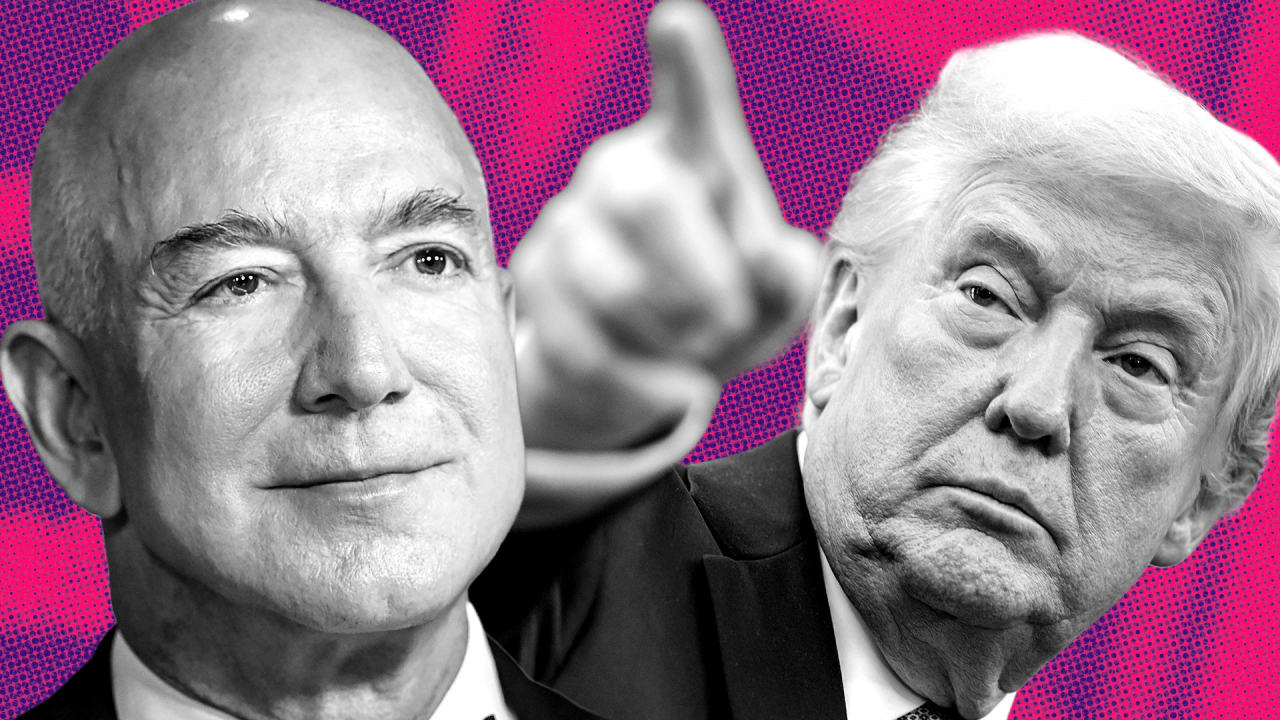
Consumers are only just starting to feel pain from Trump’s Liberation Day tariff spree. Amazon founder and chairman Jeff Bezos, however, may be starting to feel something else from the tariffs: regret.
When a report emerged overnight claiming that Amazon would start displaying tariff costs on its main page, White House Press Secretary Karoline Leavitt responded by torching Amazon in a Tuesday morning press briefing. (According to CNN, Trump had already personally chewed Bezos out by then.) Despite everything that Bezos has done to support Trump in his second term, the administration just made it crystal-clear that presidential support under Trump only flows in one direction.
Evidently, no amount of fealty was ever going to save Amazon from Trump’s wrath if throwing Bezos under the bus ever proved advantageous in the slightest.
Although Amazon strongly disputes the initial report about displaying tariff costs (“This was never approved and is not going to happen.”), such a move would not be unheard of. Other businesses, including Fabletics and Temu, have been introducing “tariff surcharges,” alerting customers in letters, and adding tariff prices to websites and bills. Meanwhile, Amazon has reportedly been hurting more than most under Trump’s 145% tariffs on China.
Leavitt did not seem to think Amazon was justified in potentially joining those other companies, though. Speaking on behalf of Trump, she described it as “a hostile and political act by Amazon.”
REPORTER: Amazon will soon display a number next to the price of each product that shows how much the Trump tariffs are adding. Isn't that a perfect demonstration that it's the American consumer who is paying for these policies? LEAVITT: This is a hostile and political act by Amazon.
[image or embed]— Aaron Rupar (@atrupar.com) April 29, 2025 at 9:03 AM
“It’s not a surprise,” Leavitt continued, “because, as Reuters recently wrote, Amazon is partnered with a Chinese propaganda arm.” She held up a printout of the article, about an Amazon project known as China Books, to prove it was real—though “recent” is a bit of a stretch, considering the article came out in 2021.
This broadside seems designed to provide a handy talking point about why Amazon is, in this administration’s apparent view, in cahoots with China against Trump. Surely, Amazon’s reported stab at pricing transparency is an act of political hostility and sabotage, Leavitt’s comments suggest, not an accurate temperature-read of a climate in which consumer confidence has already plunged to its lowest levels since peak pandemic 2020.
It’s obvious why the administration would want to paint Amazon as the villain in this situation. An April survey of 400 U.S. company leaders by the research firm Zilliant found 44% of businesses plan to pass tariff costs onto consumers. A company of Amazon’s size and stature leading the charge would give any companies who remain on the fence permission to go for it. If Amazon is displaying tariff costs, showing customers who to blame, it becomes standard procedure.
What is far less obvious, though, is why Bezos ever worked so hard to get on Trump’s good side in the first place.
During Trump’s first term, Bezos had a contentious relationship with the president. Trump would frequently affix “Amazon” to the title of the newspaper Bezos owns, The Washington Post, when speaking about the paper after he received unfavorable coverage. The implication was that the paper was little more than a lobbying arm for Bezos’s personal business interests. Bezos even argued in a 2019 court case that Trump’s bias against Amazon had cost it a chance to win a $10 billion Pentagon contract.
In Trump’s second term, though, past has not been prologue. Bezos’s sharp pivot toward MAGA began last October with his out-of-nowhere announcement that the Post would not be endorsing a candidate in the November election.
Though he cited the move as a way to avoid “a perception of bias at a time when many Americans don’t believe the media,” the last-minute announcement only fostered a perception of bias—at the Post, specifically. The non-endorsement reportedly cost the paper over 250,000 subscribers.
At the time, Bezos could have plausibly still maintained a sheen of neutrality. He has only since further positioned himself firmly in Trump’s corner, though. In the past few months, he’s drastically scaled back DEI policies at Amazon, donated a million dollars to Trump’s inauguration fund (and prominently attended it), dined at Mar-a-Lago, and overhauled the Post’s op-ed section in support of two Trump-friendly pillars: personal liberties and free markets—a move that reportedly cost the paper another 75,000 subscribers.
In Bezos’s most sycophantic-seeming gesture of all, Amazon even shelled out $40 million for a documentary on Melania Trump.
The ostensible reason for this red carpet rollout is that Bezos is a businessman, first and foremost. In a December interview at The New York Times‘s DealBook Summit, he explained why he was more optimistic about Trump’s second term: “He seems to have a lot of energy around reducing regulation. If I can help do that, I’m going to help him.”
But if an interest in deregulation was all that animated Bezos’s enthusiasm, he probably wouldn’t have been so ostentatious in his support of the president and his policies. What’s more likely is that he made a cold calculation that an if-you-can’t-beat-‘em-join-‘em ethos and some financial support could neutralize the threat of Trump’s antagonism.
If so, it was a critical miscalculation. Even if it weren’t obvious from Trump’s entire political life that loyalty is a one-way street, it should have been clear that he’d only view with contempt those who have suddenly decided to butter him up (“Everybody wants to be my friend,” Trump crowed in December, as business leaders including Bezos began to kiss the ring.)
What is the hypothetical difference between where Bezos finds himself today—with the administration smearing Amazon as Chinese propagandists over a story that the company thoroughly denies—had he either opposed Trump or maintained an air of neutrality?
There’s no way of knowing. Whatever it is, though, it’s probably a better position than Trump continuing to antagonize him while the anti-Trump crowd occasionally boycotts his company.
Best of luck with the Melania doc, though.






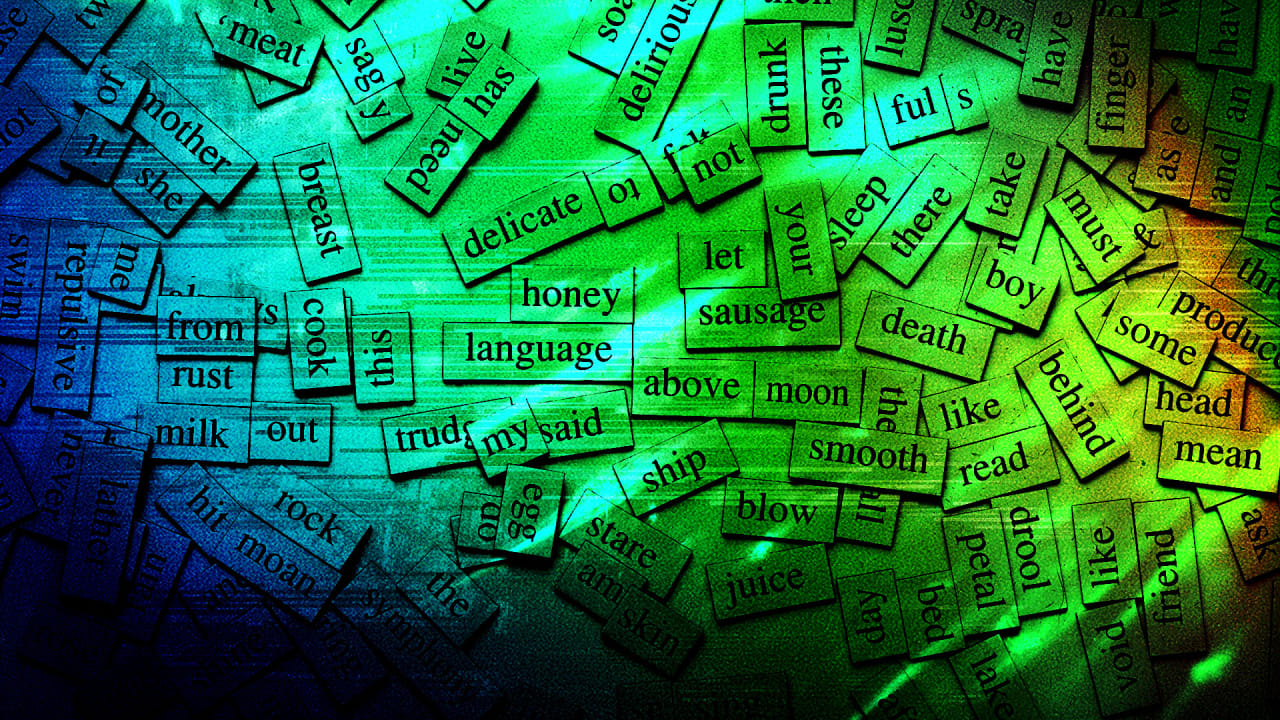







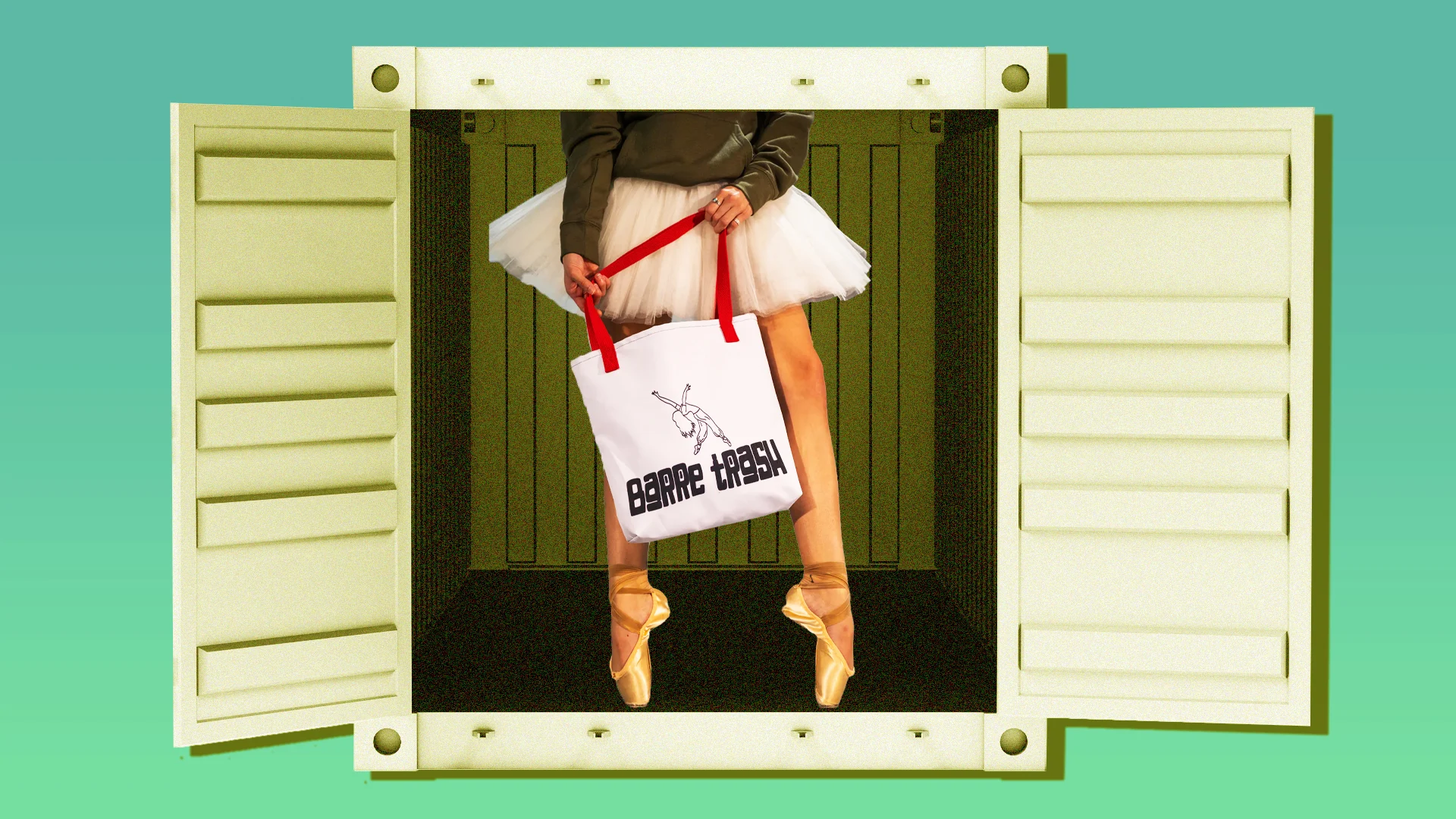






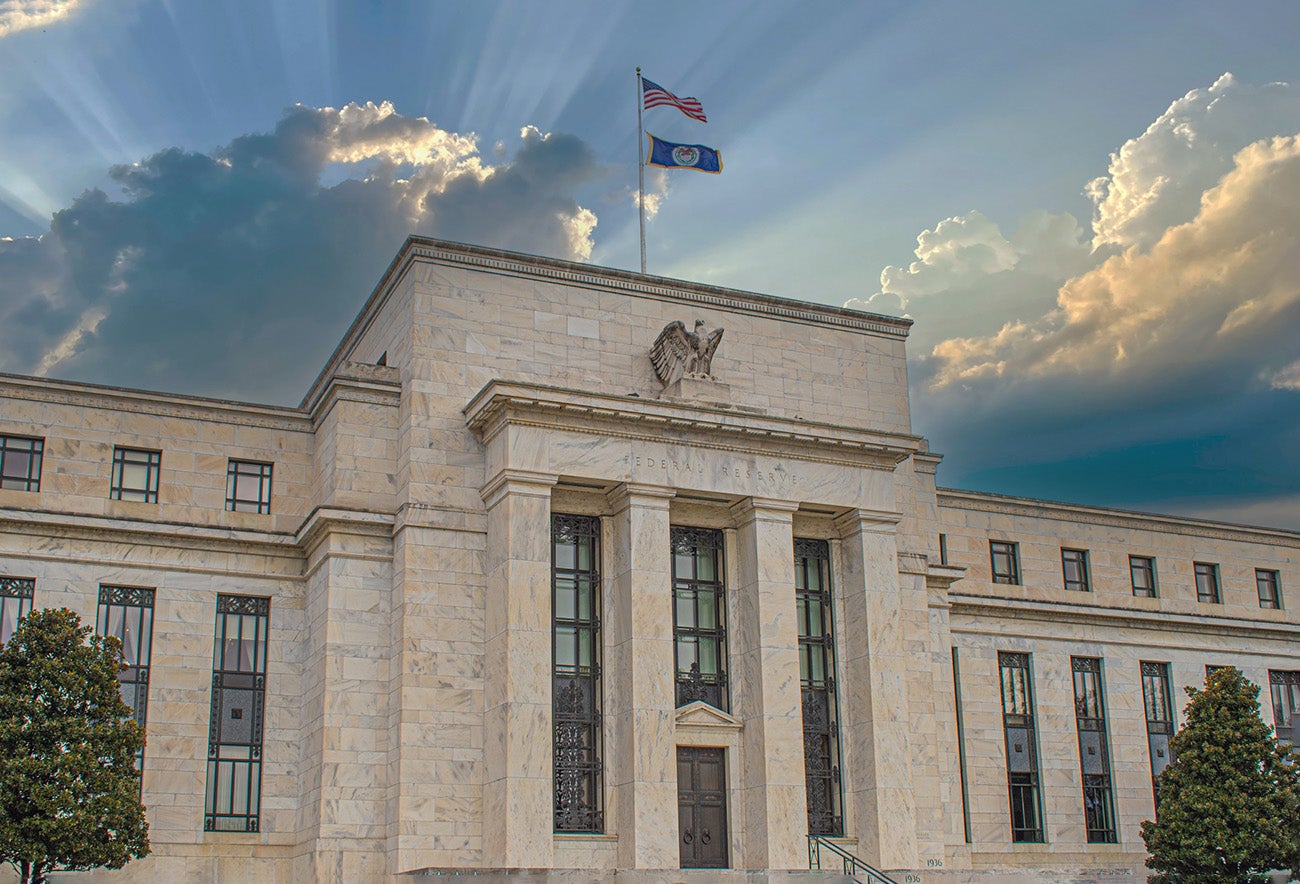
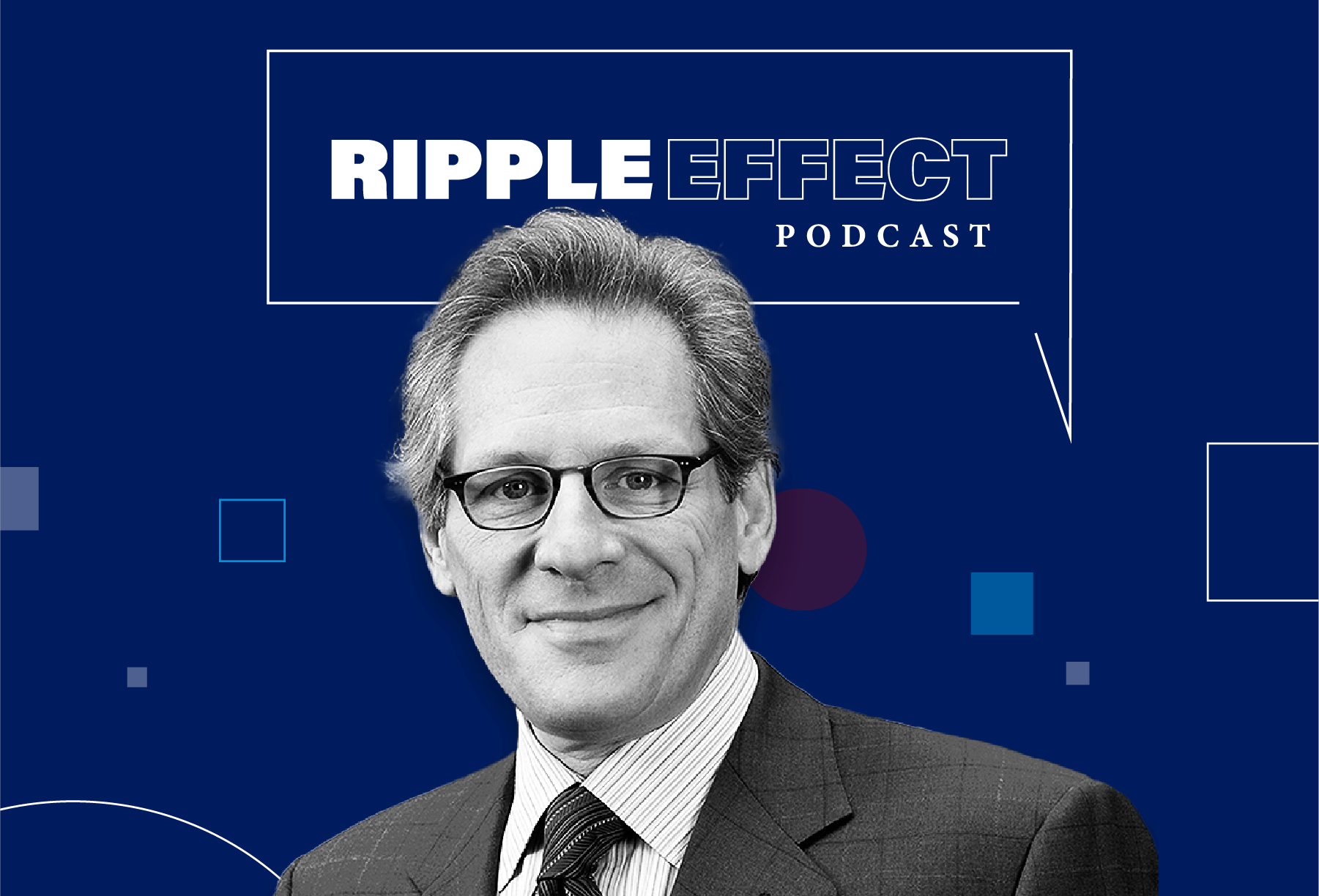














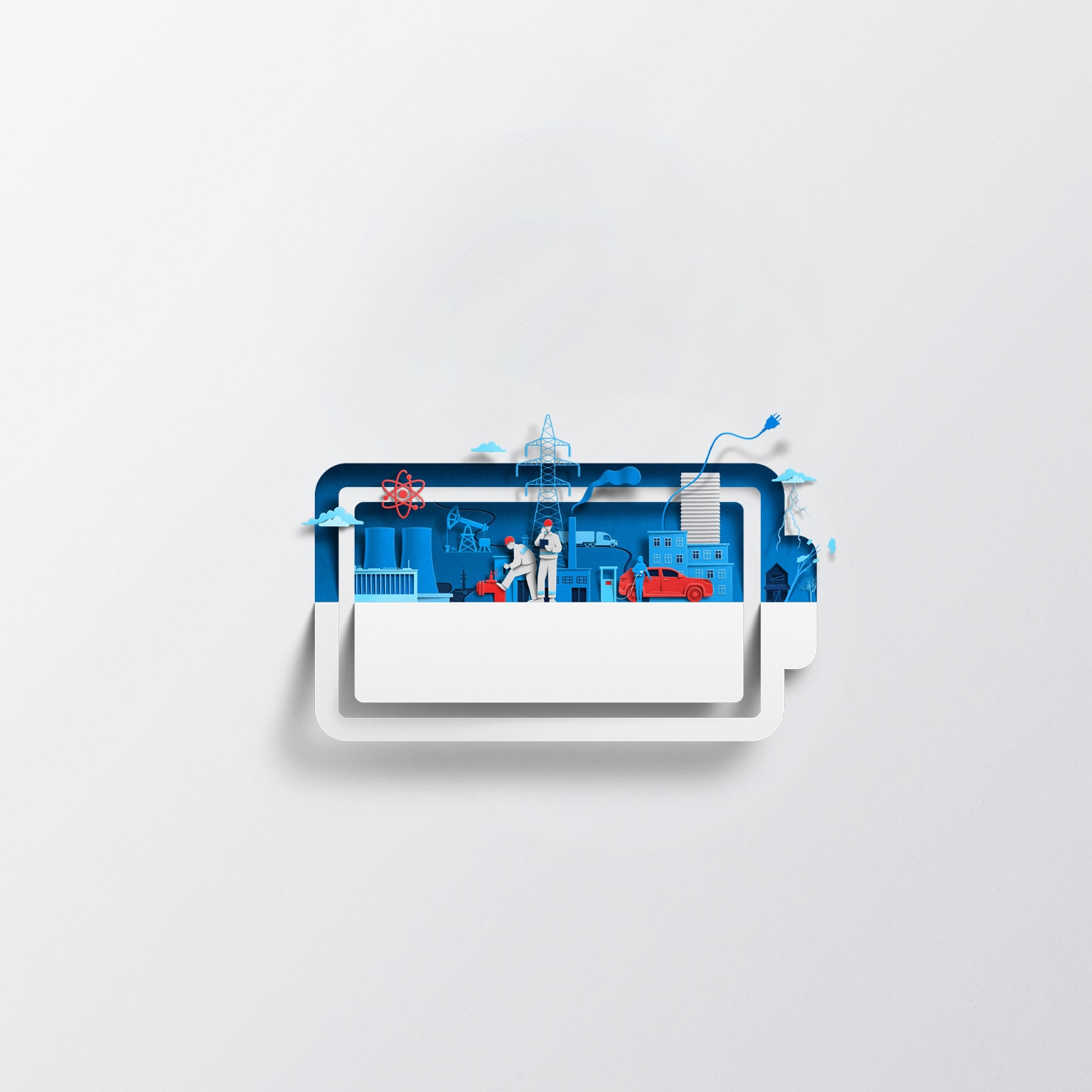








































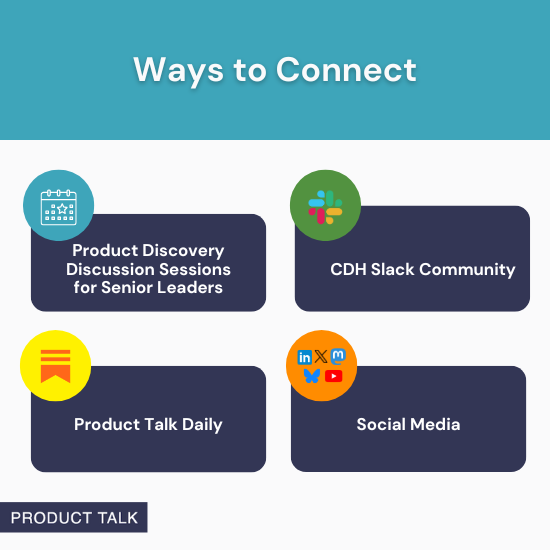
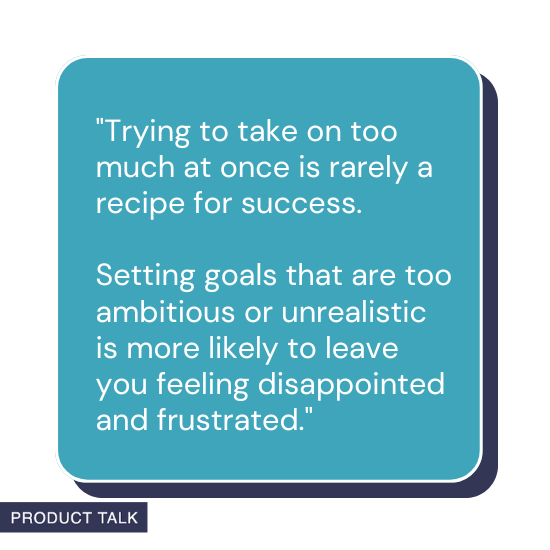















![Building A Digital PR Strategy: 10 Essential Steps for Beginners [With Examples]](https://buzzsumo.com/wp-content/uploads/2023/09/Building-A-Digital-PR-Strategy-10-Essential-Steps-for-Beginners-With-Examples-bblog-masthead.jpg)








